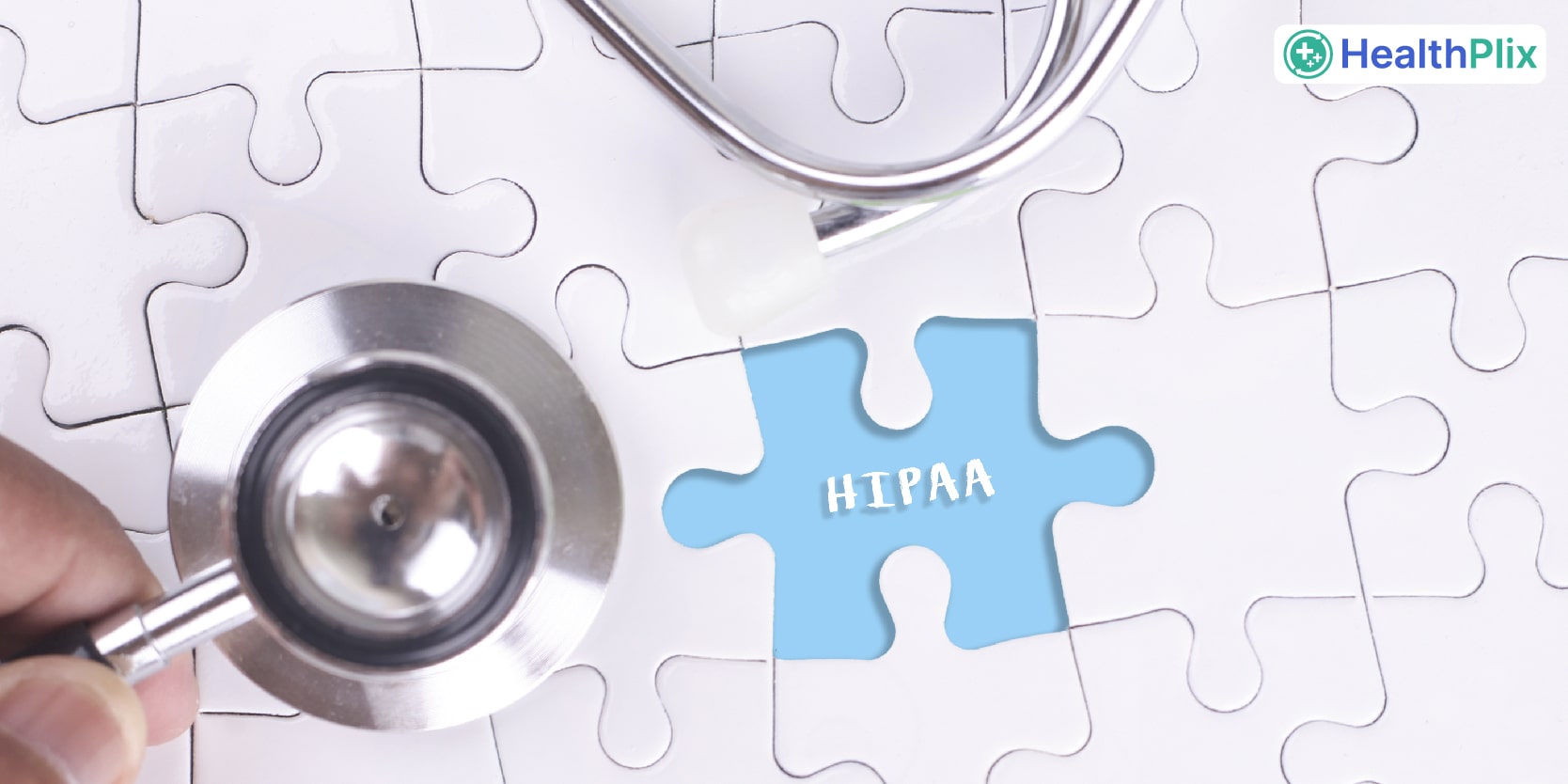Electronic medical records comprise a digital repository of patients’ clinical data collected during diagnosis and prognosis. Healthcare experts gather them through clinical notes and maintain the same digitally, which serves convenience for future medical references.
Check out this blog to learn about the vitality of maintaining patients’ records securely. Learn more about how patient record management software can help doctors seamlessly track old clinical data without the hassle of lengthy paperwork or to depend on the hard copy for reference.
How Electronic Medical Records Keep Patients’ Data Secure?
Unlike manual paperwork, where clinical data is vulnerable to piracy, theft, and tampering, digital patient records add a new dimension of convenience.
Most hospitals and large private clinical practices are slowly embracing the perks of electronic medical records for the following reasons. It includes:
- Complete digital access to the existing clinical history of data.
- Secure handling of data otherwise restricted to healthcare professionals with clearance.
- Digital data is tamper-proof and keeps it safe from unauthorized amendments.
- Patients’ clinical records are easily trackable, making the slightest change visible.
- Available clinical data helps doctors treat non-state patients’ without depending on hard copies of clinical records.
Why Confidentiality Of Patients’ Clinical Records Has Paramount Vitality?
A patient’s clinical record comprises more than their overall health history. It includes their social security details and information that can lead to financial fraud or other serial offenses without the owner’s discretion.
Secure maintenance of patient medical records is a part of clinical ethics well described by primum non-nocere. Here are the following reasons why patient data confidentiality matters:
- Most patients depend on their healthcare specialists for every clinical decision. Any lapse of confidential information can lead to malpractice and breach of trust.
- The leak of patients’ clinical data can make them vulnerable to getting targeted by potential fraud.
- It can lead to unwarranted health insurance scams where the patient might get dupped on the pretext of deceptive clinical advice.
- Any unauthorized access to electronic medical records can compromise the potential data of millions of patients, leading to devastating consequences.
How To Ensure Foolproof Patient Medical Record Safety?
Unlike manually filled clinical data locked away in the repository, maintenance of electronic medical records requires robust surveillance. Since a digital archive is virtually accessible to anyone with valid credentials, it can lead to unauthorized access without essential security measures.
Check out what practices can help you prevent potential lapses:
- Restrict login authorization among healthcare professionals, and make it a need to know only basis.
- Ensure no alternative digital devices to communicate or connect with patients and other healthcare professionals regarding work.
- Monitor healthcare experts providing remote consultation.
- Maintain surveillance feed of daily activities to track all healthcare workers accessing electronic medical records.
- Ensure your server master tracks all activities on the patient management software to detect any malicious activities.
- Encourage patients to communicate only through the patient management application for enhanced privacy and security.


